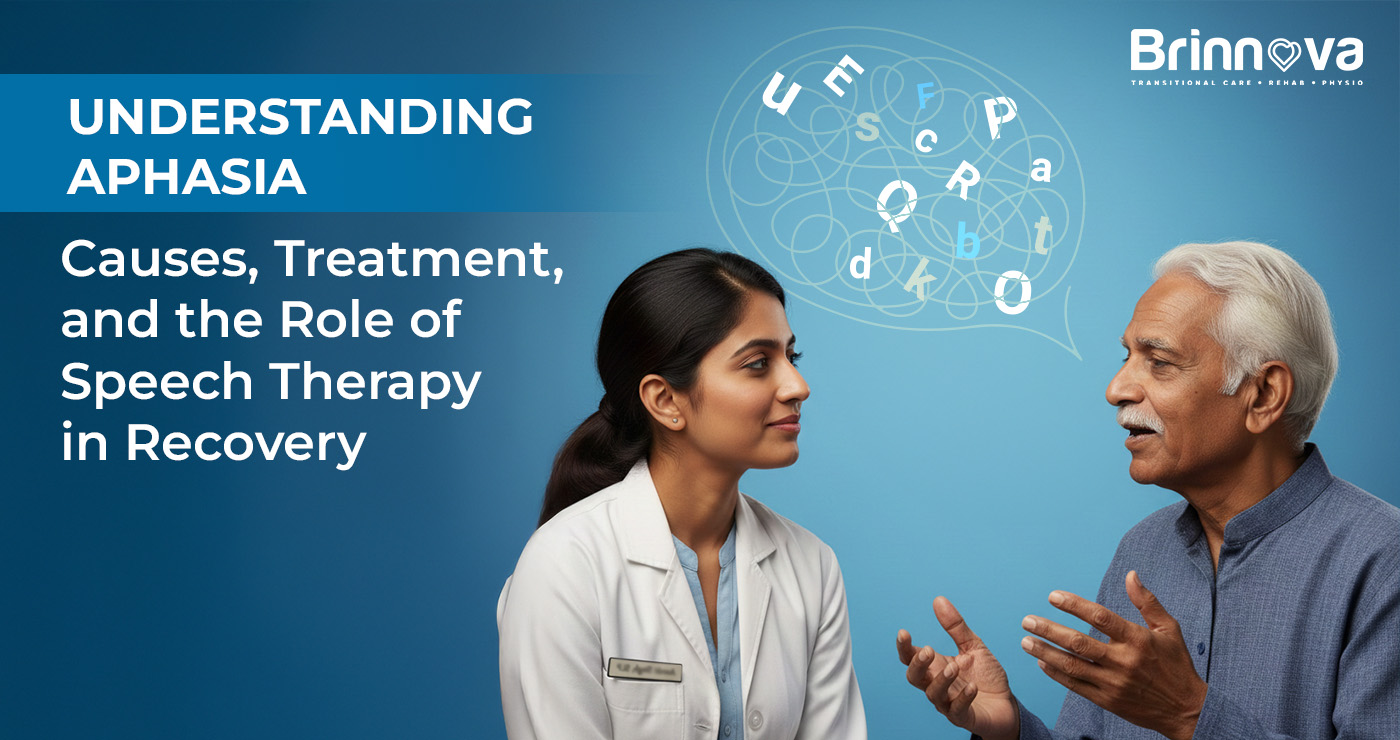How Customised Diet Plans Enhance Patient Recovery
Both recovery and rehabilitation are two very complex processes that need care which in turn not only encompass physical therapy but also proper nutrition. To achieve the best there is nothing as satisfying as having the best rehabilitation center in Hyderabad where one is in a bid to have some rehabilitation services. The unique feature of such centres is that they offer individual dietary plans prepared by certified dietitians from Hyderabad, which can be incorporated into the healthcare process of each client to provide them with all the nutrients necessary for regaining their health.
The Role of Nutrition in Rehabilitation
Diet therapy is a vital component of the rehabilitation process and works hand in hand with diagnosis. During postpartum, sickness, accidents or operations, the body requires more nutrients to feed the new tissues, fight infections and reclaim energy. The best rehabilitation centers in Hyderabad understand this and therefore collaborate with well-trained dieticians to enhance personalised nutrition, which aligns with the needs of the patients in question.
Balanced diets go beyond foods; they are a type of medical treatment that is intended to accelerate recovery processes, maximise the efficacy of physiotherapeutic exercise, and raise the organism’s functional capabilities. This means that by paying attention to the issue of nutrition, rehabilitation centres are in a position to identify the right diet that can help foster speedy recovery and improve the quality of service delivery within these facilities.
Benefits of hiring the most qualified dieticians
The best dieticians in Hyderabad feature a vast extent of experience particularly regarding diet and nutrition, especially in cases of sickness. A dietician makes a nutritional prescription of what a patient needs to take depending on their age, the nature of the illness or injury, any restrictions and the patient’s choice. This assessment is important for developing a diet plan that not only is healthy and reliable but also provides the patient with a diet they will not find monotonous or unappetising.
Regarding the use of a dietician in the process of rehabilitation, the patient is served meals with appropriate nutritive contents that will facilitate his/her rehabilitation. For instance, where a person is nursing an injury that has affected muscle tissue, the diet would be tailored with high protein to help the muscles repair while a person with heart complications would receive a low salt meal to avoid exerting pressure on the heart through fluid retention.
Customised Diet Plans
The best rehabilitation centers in Hyderabad provide carefully, devised customised diets. They emphasise the inclusion of nutrients that are vital in the recuperation process, including, protein for tissue remodelling, carbohydrates for energy, vitamins and Minerals for cellular metabolism and fat for energy reserve.
For instance, a patient who has undergone a surgical procedure for a broken bone, the patient may be advised to take products that are rich in calcium and vitamin D for the bone to heal fast. Likewise, while helping a diagnosed patient participate in community activities, one would advise such a patient to eat foods that are low in cholesterol or fats.
Hussman also explains how these plans need to be customised in terms of not only choosing the right ingredients but also textures and forms of meals—particularly for patients who may face challenges in the actual process of chewing or swallowing. undefined
How Customised Diet Plans Facilitate Faster Recovery
Customised diet plans support faster recovery in several ways: 1. Enhancing Immune Function:
Diets rich in essential vitamins and minerals significantly boost the immune system’s efficacy. Key nutrients such as Vitamin C, Vitamin D, zinc, and selenium play crucial roles in enhancing immune defences. Vitamin C, for instance, is not only a potent antioxidant but also enhances the production of white blood cells, which are vital for fighting infections.
2. Reducing Inflammation:
Closely related to the first reason, that is, that swollen and inflamed tissues do not heal well, chronic inflammation slows down the healing process during the recovery period, which is why anti-inflammatory foods should be included in a patient’s diet. Some of the foods rich in omega-3 fatty acids include; salmon, flaxseeds, and walnuts to mention but a few, since they are known to reduce the inflammation markers in the body.
3. Improving Physical Strength:
They assist in gaining energy as they boost up strength especially since muscle strength is very significant in therapy and an individual’s ability to move around.
4. Supporting Mental Health:
It is essential to add omega-3 fatty acids, antioxidants and other defending compounds to a patient food menu because their moods and thinking capability which are central to their desire to recover will improve.
5. Promoting Digestive Health:
In this aspect of the diet, especially fibre diets like fruits, vegetables, and whole grains should also be encouraged to improve digestive health and since the patient will be requiring some period of recovery then those are appropriate diets he/she will be required to take. There will be proper digestion and assimilation of the nutrients that will also imply that there will be very few complications and the rate of healing will be very slow in the human body.
6. Balancing Blood Sugar Levels:
This helps in managing type 2 diabetes since the carbohydrates in the meals are built to one’s requirements. The problem becomes acute in the case of diabetic patients, or people, who might experience some metabolic problems if they sit for a long time. In simple terms, the patient must maintain stable blood glucose levels to avoid complicating aspects and flank the issue to help him respond well to the treatment.
7. Enhancing Hydration:
Water is necessary for every bodily function and it is important, so the body can recover quickly after vigorous training. This is not only in taking water but foods that Comprise water too like Cucumbers, Strawberries, Cabbage, and Celery. Hydration assists in maintaining the cell structures, removing wastes from the body and can avoid some consequences of insufficient intake of water.
The Best Rehabilitation Center in Hyderabad
In this connection, it is important to point out that the aspect of nutrition is a clearly defined component in the choice of a rehabilitation centre. The best rehabilitation center in Hyderabad cannot lack infirmaries with the latest types of equipment to help patients regain their strength, and it should also offer close links to the top dietitians who help in framing special diets. These centres follow comprehensive approaches that give considerable focus on the different aspects of a patient’s rehabilitation hence enhancing improved results for the patients. This way, what they are suggested to take can be also closely worked out with patients in terms of necessary dietary plans and changes that may be necessary for the patient to meet the above-stated objectives; chosen diets must also be appropriate and interesting to patients, which improves their compliance and satisfaction.
Brinnova: Your Partner in Your Rehabilitation Journey
At Brinnova Rehabilitation Center, one of the best rehabilitation centers in Hyderabad, we understand the critical role that customised diet plans play in the recovery process. Our team of the best dieticians in Hyderabad is dedicated to providing personalised dietary guidance that complements our comprehensive rehabilitation services. This integrated approach not only speeds up the recovery process but also ensures that our patients enjoy a higher quality of life post-recovery. If you or a loved one require top-notch rehabilitation services, consider how Brinnova’s commitment to customised nutritional support can be a game-changer in your recovery journey. Embrace a path to better health with Brinnova, where we believe in nourishing the body to strengthen the spirit.




